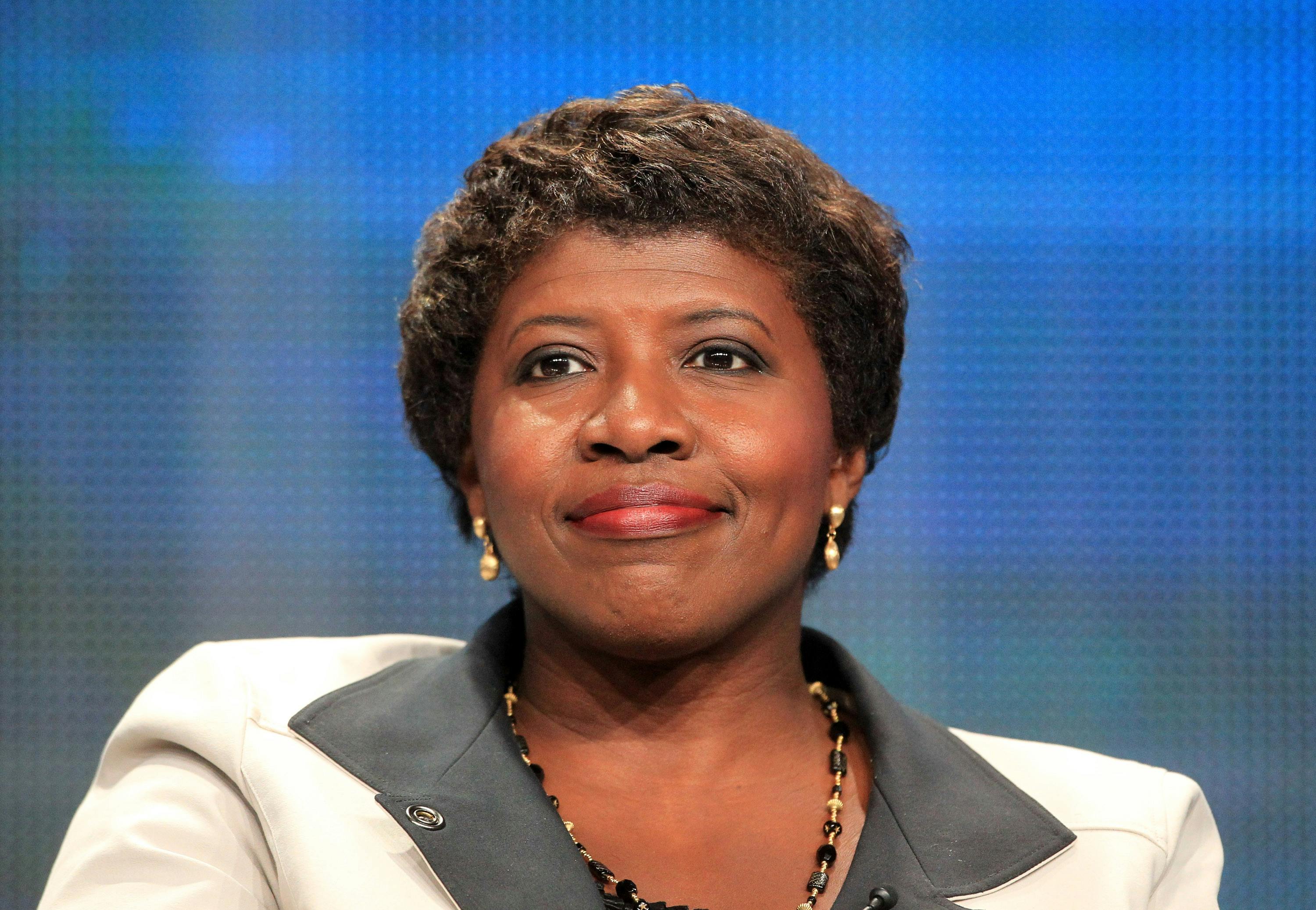



Add in an unpopular war and a demoralized consumer economy, and the stage is set. Ultimately, that happened because of massive demographic shifts that are still in motion, and because of the decimation of the middle class. Though it can be hard to separate culture from politics, it’s one thing for young white adults to download a hip-hop album and something else entirely for white culture to hand the keys of power to a black man. Obama’s win had more to do with the erosion of racial political resistance among whites. His core argument seems to be that Obama’s election is part of a continuum of crossover success that includes Poitier’s 1963 Academy Award for “Lilies of the Field,” Michael Jackson’s all-time top-selling pop album “Thriller” in 1982 and Michael Jordan’s single-handed revival of the NBA in the 1980s and 1990s.Īsim understands that Obama’s win was a function of time, place and conditions, but then he loads his book with a mishmash of African American influences on popular culture as though that was the battering ram. Obama’s election showed how to bridge those fissures not only in an electorate sick of the incumbent party (even Michael Dukakis might have won this one), but also in local and regional elections where the legacies of race and place can be harder to overcome.Ī large part of Obama’s appeal is his embodiment of a new multiracial generation and of a long history of black “cool,” the hipness that has given us Miles Davis, Sidney Poitier and Jay-Z, argues Jabari Asim in “What Obama Means.”Īsim, editor of the NAACP’s The Crisis and author of “The N Word: Who Can Say It, Who Shouldn’t, and Why,” offers the weaker of the two books, an unfocused rumination on race and culture. Race still matters, as do gender and class, and they can be crippling hurdles for a politician whose success depends on broad demographic appeal. In “The Breakthrough: Politics and Race in the Age of Obama,” journalist Gwen Ifill argues that there’s nothing really “post-racial” about Obama’s election. Two new books explore the moment, from two decidedly different tacks - the political and the cultural. The basic concept is this: Obama’s acceptance by the white mainstream means African Americans have arrived politically - or at least attained something like electoral equality. In the year since Barack Obama’s remarkable surge to the head of the pack of Democratic presidential candidates, we’ve been hearing a lot about the nation’s new “post-racial” politics.


 0 kommentar(er)
0 kommentar(er)
